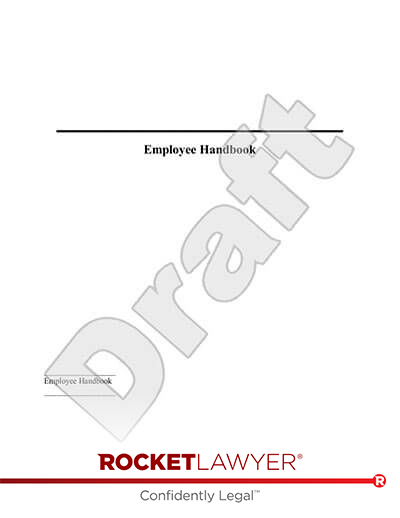How is the CROWN Act different from existing law?
The laws with regard to discrimination against natural hair have been at odds over the last several years. In 2016, a Federal Court held that employers could legally terminate or deny job opportunities to individuals for choosing to wear their hair in dreadlocks. The branches of the U.S. Military, however, lifted a ban on protective and natural hairstyles in 2017, and since then several other states have issued their own legislation. With the CROWN Act recently passed in Virginia and more states moving towards similar legislation, it seems we can expect the ban on hair discrimination to be more widespread in the future.
Which states have laws banning hair discrimination?
So far, the CROWN Act has passed into law in New York, New Jersey, Maryland, Virginia, Colorado, Washington, and California. It is filed or pre-filed in Massachusetts, Pennsylvania, Ohio, Michigan, Tennessee, Georgia, and Nebraska. The CROWN Act also has been introduced on a federal level, but for now you should talk to an attorney if you have questions about state and local laws where you are.
What does a hair discrimination ban mean?
Legislation like the CROWN Act prevents people from facing punitive actions or other discrimination for choosing to wear their natural hair, or for having their hair in a protective style. This means that, for example, a child cannot be sent home from school or found to be violating dress code for wearing their hair in braids. It also prevents an individual being denied a job opportunity or fired for the same.
What should I do as an employer?
If you are an employer in a state that bans discrimination against natural hair, you can update your Employee Handbook or your Anti-Discrimination Policy to reflect that change, and follow appropriate protocol for employees if they feel they have been discriminated against. Your Employment Application can also be modified if needed. If you have questions about how to ensure your business is compliant with anti-discrimination legislation—or if you feel that you have been discriminated against for wearing your natural hair, talk to a lawyer.
This article contains general legal information and does not contain legal advice. Rocket Lawyer is not a law firm or a substitute for an attorney or law firm. The law is complex and changes often. For legal advice, please ask a lawyer.
